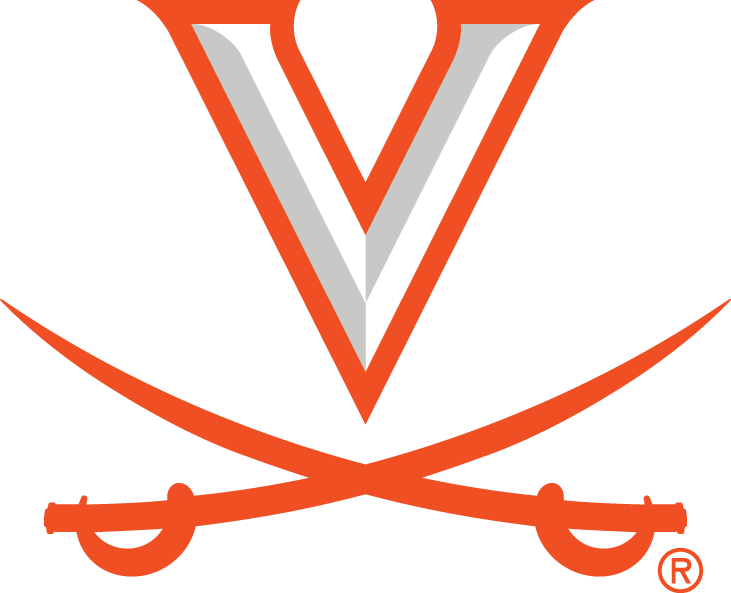By Jeff White (jwhite@virginia.edu)
VirginiaSports.com
CHARLOTTESVILLE, Va. — After boarding a bus bound for Pascual Guerrero Stadium in Cali, Colombia, a young woman from Spain saw an open seat next to the one occupied by Mario Wilson, the associate head coach for the University of Virginia track & field program. Celia Ritaferra sat down next to Wilson, who was wearing a UVA shirt, and they struck up a conversation.
It was the summer of 2022, and Rifaterra, a high jumper from Madrid, was in Cali to compete at the U20 World Athletics Championships. Wilson was there not only to coach pole vaulter Justin Rogers, who was representing the United States, but to recruit for UVA.
Rifaterra, not as fluent in English then as she is today, told Wilson that she had signed with the University of Miami. He learned later, though, that she was actually at another university in Miami: Florida International. That 20-minute conversation in Colombia was the extent of their interaction, until Rifaterra emailed Wilson after the 2022-23 school year ended to let him know she’d entered the transfer portal.
“I didn’t know if he remembered me,” Rifaterra said.
Wilson remembered. Rifaterra had placed seventh in the high jump at the U20 world championships in 2022. She hadn’t distinguished herself athletically as a FIU freshman, but her potential piqued the interest of Wilson and Virginia head coach Vin Lananna.
Rifaterra transferred to UVA in the summer of 2023, and she’s already established herself as one of the program’s all-time greats in the high jump.
Indoors, only Sherry Gould, who cleared 1.87m (6-1.5 feet) in 1994, has jumped higher than Rifaterra (1.84 meters/6-0.5). Outdoors, Rifaterra (1.87m/6-1.5) ranks second in program history behind Ann Bair, who cleared 1.88m/6-2 in 1983.
“Here I have better coaching and also better facilities,” Rifaterra said, “and all my teammates are really nice and it’s very supportive. Also, I am more mature now. Emotionally, I deal better mentally with competitions and all of that.”
𝑨 𝒕𝒉𝒊𝒏𝒈 𝒐𝒇 𝒃𝒆𝒂𝒖𝒕𝒚 #GoHoos pic.twitter.com/ZiSM4hKh4n
— Virginia Track & Field and Cross Country (@UVATFCC) April 19, 2025
At the ACC indoor championships, Rifaterra finished second as a sophomore and third this year. Outdoors, she was ACC runner-up last season and then placed 18th at the NCAA meet in Eugene, Ore., where she cleared 1.77m/5-9.75.
This year’s ACC meet is under way at Wake Forest’s Kentner Stadium in Winston-Salem, N.C., and competition in the women’s high jump starts Saturday at 2 p.m. Rifaterra, a junior, isn’t a clear favorite, Wilson said, but she’s talented enough to win the ACC title.
Already this spring, Rifaterra, 20, has finished first at the Penn Relays, the Virginia Challenge and the Raleigh Relays, and she’s still relatively new to the event.
“A lot of times when you get people from Europe, they’re very experienced when you get them,” said Wilson, who coaches UVA’s jumpers. “A, she was young when she came here to the U.S. and then B, she was young to the event, but it’s obvious that in her initial training she had a good coach, because she has a good feel for what a high jump should look like.
“Celia looks elegant; she looks like she was born to do it. She has this way about her where I think when she was taught, she was probably emulating a former Olympic champion.”
That would be Spain’s Ruth Beitia, who in 2016 won the women’s high jump at the Olympics in Brazil.
“When your country has the former Olympic champion, and it is recent enough in your memory,” Wilson said, “I think you might be able to just say, ‘I just want to copy that.’ ”
